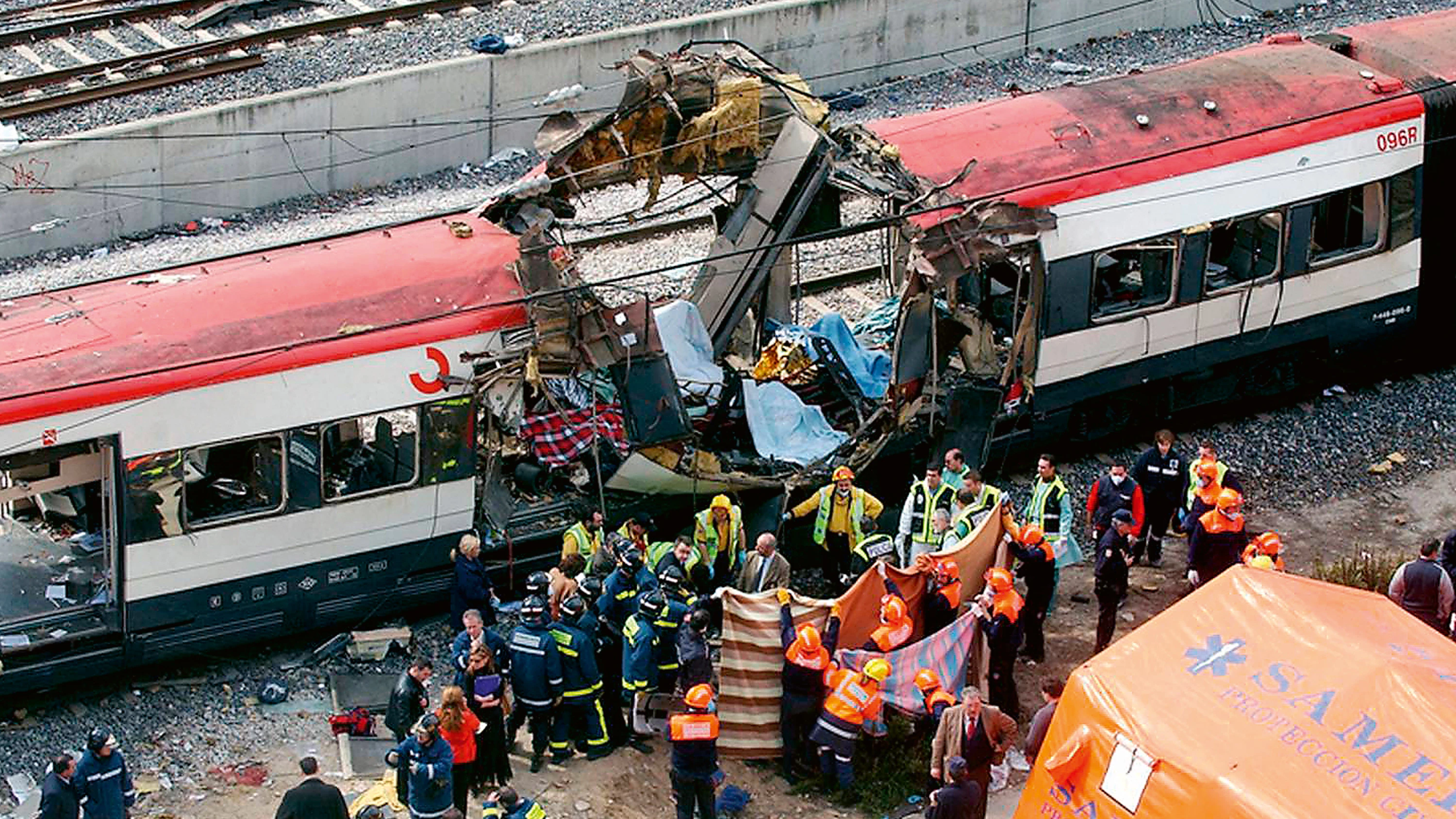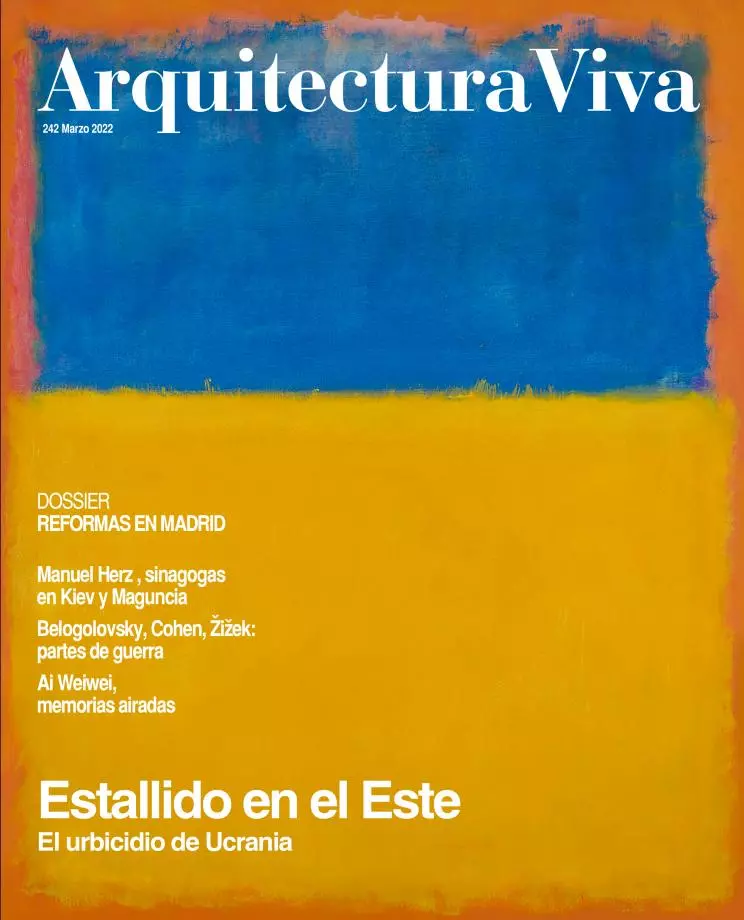Theories of Terror
For them to be successfully dealt with, both Basque and Islamic terrorism have to be understood with intellectual tools that exclude emotion.
Terror is a serious game. As much in the ‘mutually assured destruction’ of the Cold War as in the asymmetrical conflicts of the past two decades, fear has been the board on which the pieces of the political game have moved. Agents and victims at the same time, westerners have tried to understand terror with the old tools of philosophy of history and the new instruments of sociology, but fail to formulate strategies that would guarantee winning this game of chance. From the intimidating ‘reputation’ of the Renaissance prince to the uncertain threat of the postmodern terrorist, the theorists of power have gone from the opposition between friend and enemy to the liquid blur of virtual wars, which the recently demised Jean Baudrillard brought to extremes with his rhetorical ‘denialism’ of the Gulf War and his dream-like interpretation of 9/11. Caught in the tongs of two converging terrorisms, the Islamic fundamentalism of 11 March and the Basque radicalism that plays its cards with physical attacks and symbolic suicides, Spain cannot pretend to fight in a combat of shadows with evanescent simulacra, nor allow the fever of violent emotion to divide its people, as is now happening. The sublime aesthetic of terror has its rules, and the battle is waged in the rough realm of reality.
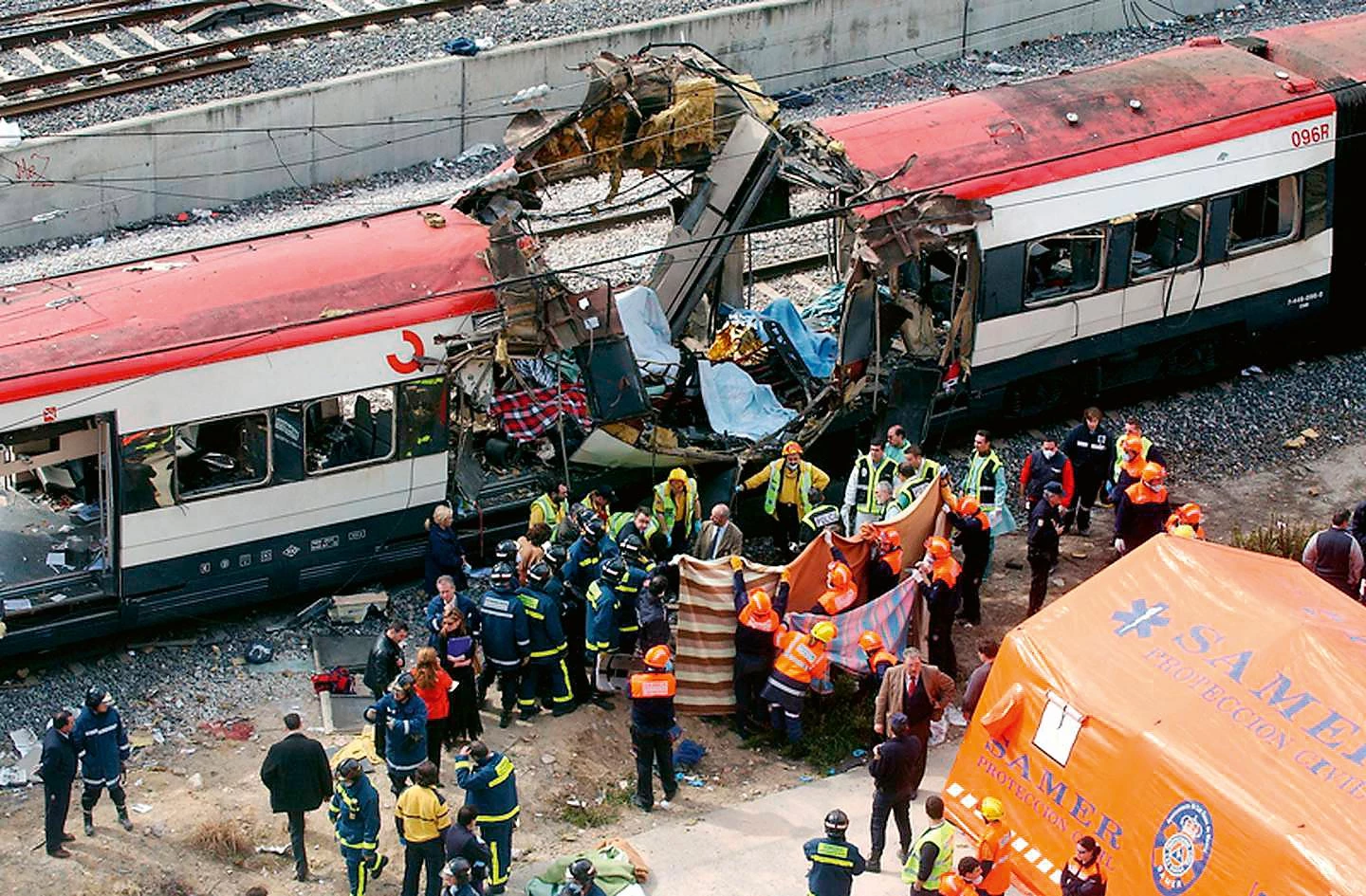
Train destroyed in the attack of March 11, 2004 in Madrid
Overwhelmed by the spectacle of specters formed by the smoldering ruins, the broken bodies, and the insolent faces of the executioners, we would like to surrender to the intellectual nihilism that sees nothing in all this but media simulation, theater of horror, and political fiction. However, this parodic view we associate with Baudrillard – saved from slander, even infamy, only by the dark humor of his pataphysical aphorisms, not too far from the Marxian maxims of the José Luis Coll he has shared the obituary page with – is little consolation when we consider the panorama of a planet that, beyond the clash of civilizations theorized by Samuel Huntington, confronts what Dominique Moïsi has called a ‘clash of emotions,’ with the United States and Europe divided by a culture of fear, the Islamic world trapped in a culture of humiliation, and Asia alone able to brandish a culture of hope. Better than with blurry simulations, our culture of fear can be examined through the reflection on statehood, power, and history that from American think tanks has undermined the ‘politically correct’ foundations of postmodern orthodoxy in university campuses. This current, which stretches from Leo Strauss to Francis Fukuyama and drinks from transparent or dark sources that include Carl Schmitt, Alexandre Kojève, or Reinhart Koselleck, has situated the debate in the essential terrain of planetary governance.

The trials for the 11 March attacks coincided with Islamic terrorism’s spread to Northern Africa, with attacks in Casablanca and Algiers.
In this framework of laconic realism, the likes of Osama bin Laden and Iñaki de Juana Chaos – or Al Qaeda and ETA – are not heinous monsters provoking moral repugnance, but political enemies we must defeat without allowing our emotions to cloud our judgment, and without letting animosity towards the adversary dim our perception of the motives of an ‘other’ that often resides not outside the system, but is precisely a consequence of it, and hence an integral part of our own reality. Olivier Roy has convincingly contended that Islamic terrorism is not so much the product of political dislocations in the Middle East as of the difficulties of integrating Muslims in pluralist European modernity, and we can also wonder if abertzale terrorism might not be more a product of our democracy – because most of ETA’s leaders have undertaken their criminal activities precisely during this period – than an archaic remnant of the Franco dictatorship, because its myths and methods, in the same way as Islamists, combine premodern tribal utopias with the media techniques of postmodernity.
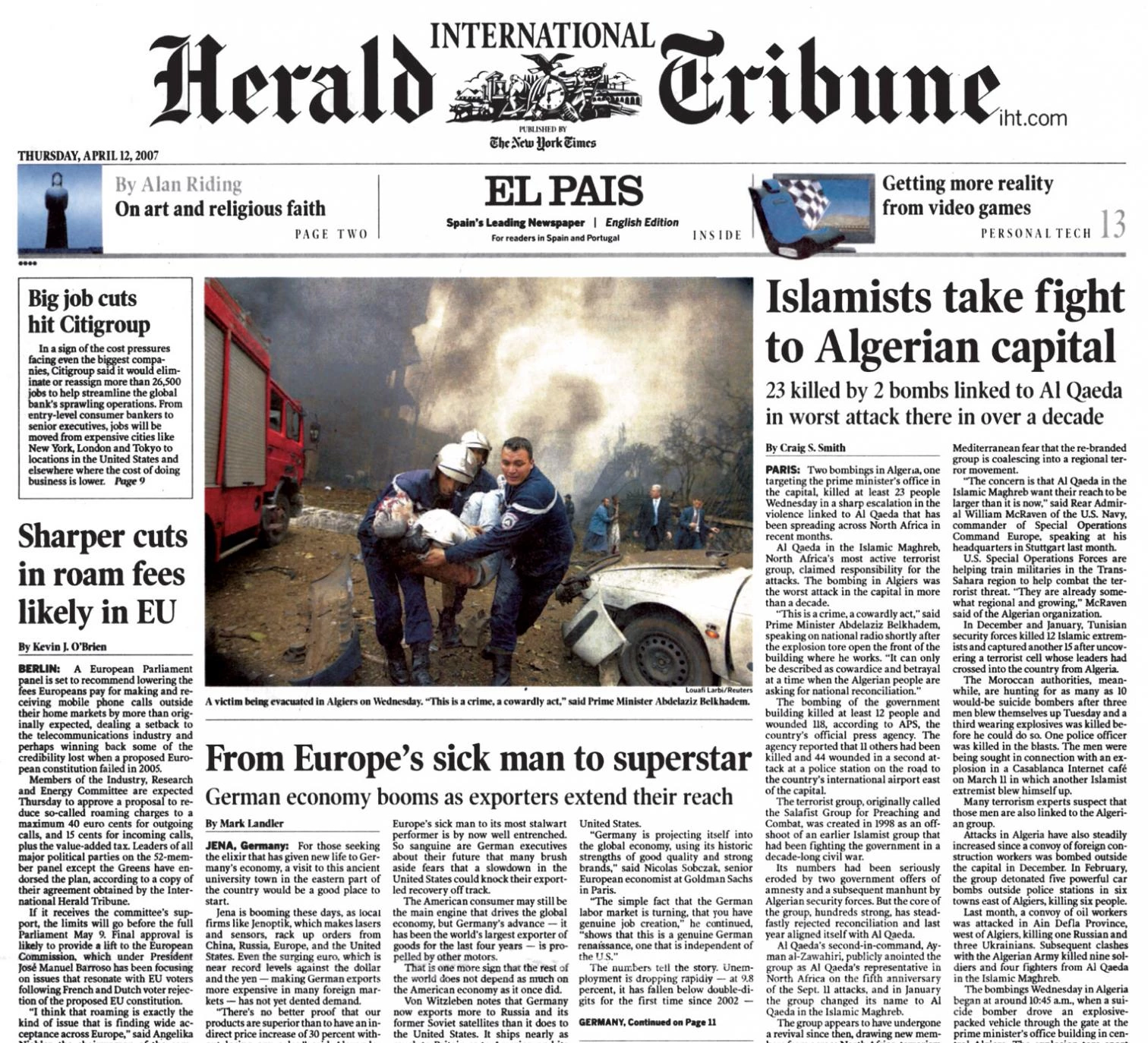
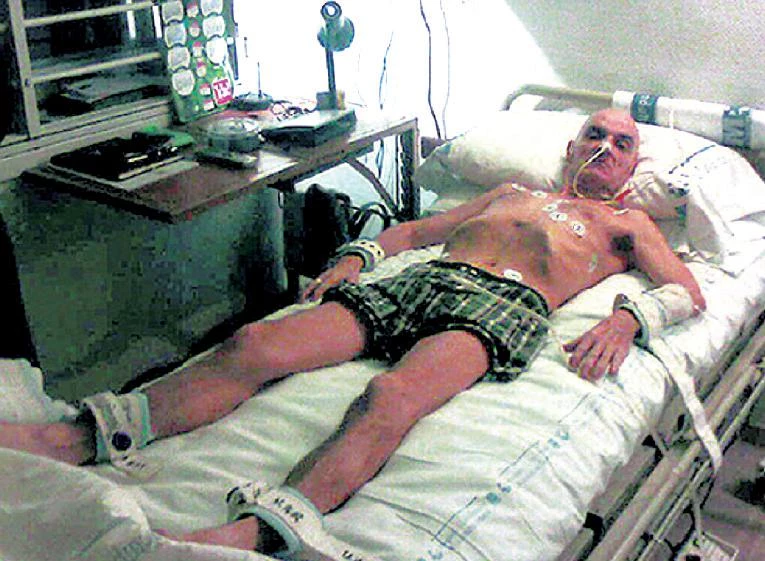
The hunger strike of the ETA member De Juan Chaos triggered protests in various cities, and the People’s Party censured the Government’s antiterrorism policy with a huge rally in Madrid’s Plaza de Colón.
In the end, the debate on terror is an examination on democracy and tyranny, on freedom and its limits, from the American lawyers who legitimate Guantánamo and Abu Ghraib as a result of asymmetric wars where a jus in bello only protects combatants who fulfill reciprocal obligations, to European politicians who have no qualms about publicly backing operations of dirty warfare against terrorist groups. In this political and philosophical arena, we are better guided by the Plato of Strauss or the Hegel of Kojève than by the current cacophony of the ancillary intelligentsia, which is often contaminated by the ambiguity of social leaders and the secrecy of so many ‘master thinkers.’ The ‘cowardly vagueness’ for which Strauss reproaches Heidegger so infects contemporary debate that it is a relief to read the latest work of Fukuyama, an indirect disciple of Kojève and an author who has come a long way since the ‘Hegelian triumphalism’ of his 1992 book The End of History and the Last Man made him the favorite ideologue of the new American Right, but who has always practiced what Ortega y Gassett called the courtesy of clarity.
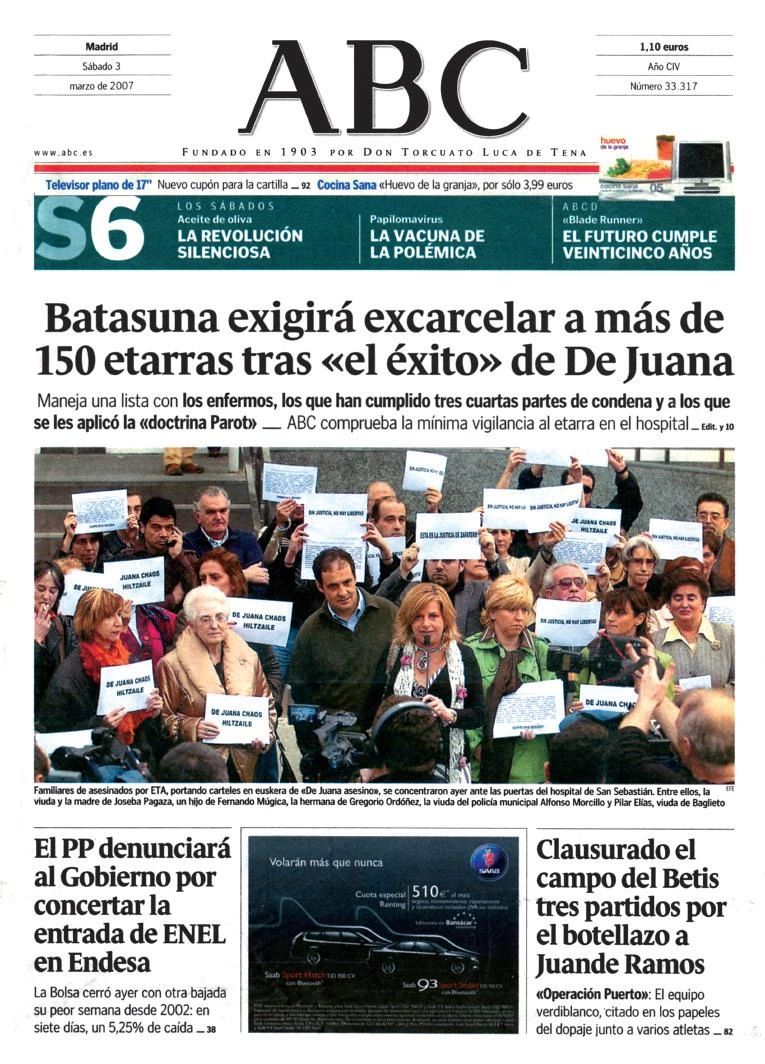
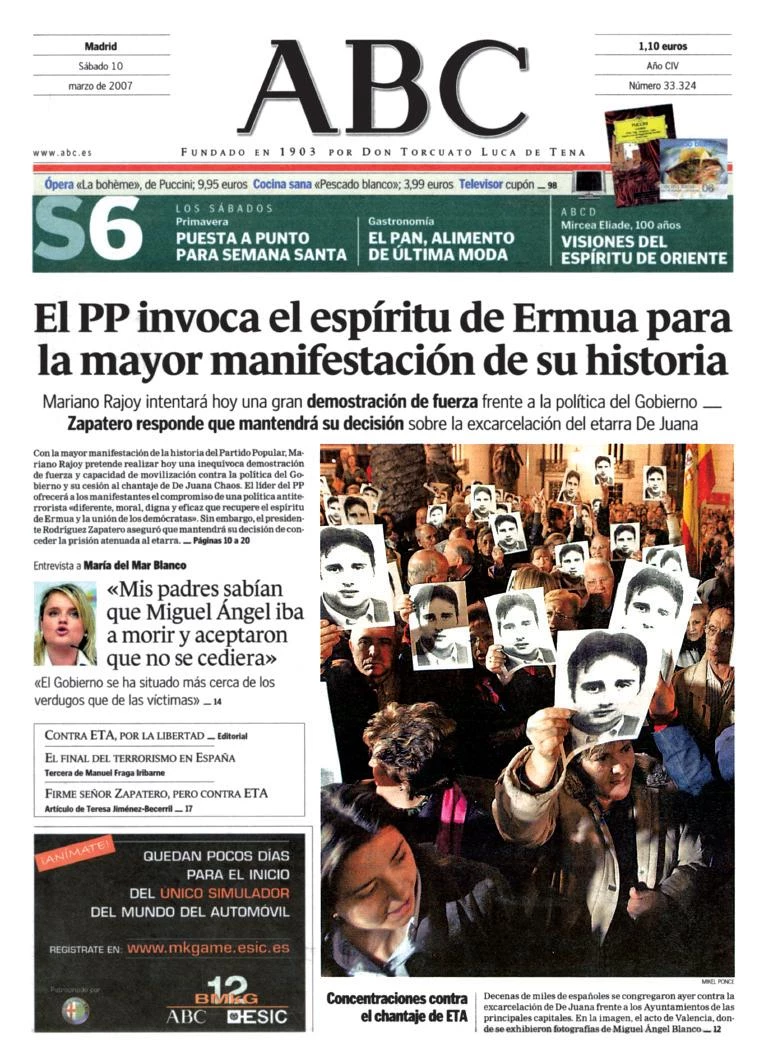
In the book titled America at the Crossroads in the United States and After the Neocons in Great Britain, Fukuyama presents the threats of terror, the problems of preventive war, and the benefits of international legitimacy, for which he suggests reformulating the institutions of global governance as well as the foreign policies of the United States, which the former associate of the Rand Corporation – the leading Cold War think tank – proposes to align with what he calls ‘Wilsonian realism,’ a midway between Kissinger’s Metternichstyle realism and Woodrow Wilson’s idealist internationalism. The diagnosis, which very much resembles that of Joseph Nye and his ‘soft power’ and expresses the same pessimism about the possibility of imposing democracy that led him to oppose the Iraq War, represents a significant break from the neoconservative movement – he was in fact its most visible spokesperson, and recounts its history in one of the chapters. His analysis also bears useful lessons for those Spaniards who still try to justify the historic error of the Azores meeting, which apart from wreaking bloody havoc in the Middle East established the bases of an increasingly bitter civil division.
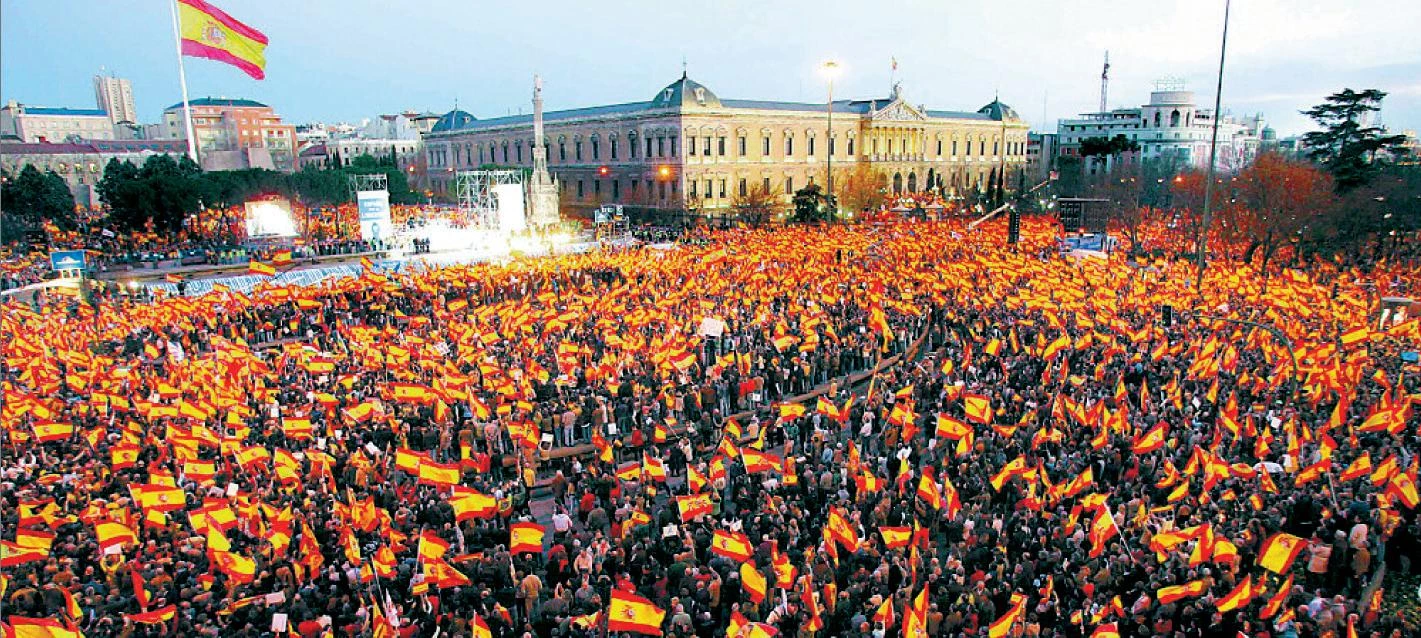
This division erupted anew in Madrid, on 10 March, around the Spanish government’s latest confrontation with ETA, a process whose opacity has generated considerable social friction, but which so far has not been settled with significant concessions to the terrorist group. The latest issue of Foreign Affairs features a long article by Peter R. Neumann – ‘Negotiating with Terrorists’ – that ought to be required reading for the leaders of Spain’s two principal democratic parties, as it lays down the conditions of those ‘dirty deals’ with the particular lucidity and realism that are altogether absent in a national scene fractured by emotions and polarized by sectarianism. The failure in the recent US elections of the strategy of tension – preached by Karl Rove on the grounds that it is more important to mobilize one’s own indifferent bases than to try to persuade the undecided center – should spark reflection among political leaders who repeatedly and offensively belittle the intelligence of voters. Terror is a serious game that we need to win.

